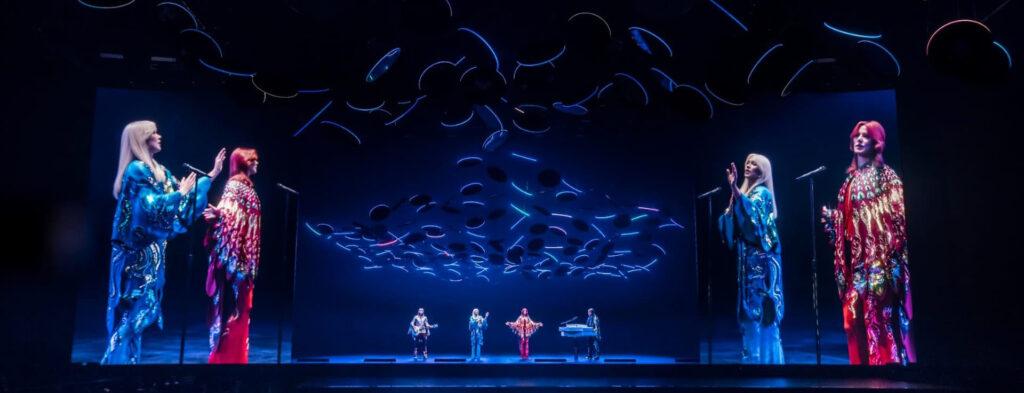In the dynamic world of corporate events, innovation is key to staying ahead of the curve and delivering unforgettable experiences for attendees. As technology continues to advance at a rapid pace, one trend that is reshaping the landscape of events is the integration of Artificial Intelligence (AI). From personalized experiences to immersive simulations, AI holds the potential to revolutionize the way events are planned, executed, and experienced. In this article, we delve into the future of events with AI, exploring its advantages, challenges, and potential implications for the industry.
Advantages of AI in Corporate Events
AI Enhances Attendee Experiences:
Imagine attending a corporate event where you can witness legendary musicians like Nirvana or Queen performing live on stage, or even reliving iconic sports moments with players like Maradona or Leigh Matthews. With AI-driven technologies such as holographic projections and virtual reality simulations, these seemingly impossible scenarios become a reality. By using AI, event organizers can create immersive experiences that transcend the limitations of time and space, delighting attendees and immersing them in the moment.
This is not just a vision of the future; it’s happening now. Recently, it was announced that the King of Rock and Roll, Elvis Presley, will perform an interactive show called ‘Elvis Evolution’ in London in November this year, set to captivate audiences worldwide. Thanks to AI and holographic technology, attendees will experience an unforgettable journey through the life and music of Elvis Presley, bringing his legacy to life like never before. Following the success of ABBA’s ‘Voyage’ virtual concert, where life-size avatars of the Swedish pop sensations performed as their human counterparts did in 1979 in a specially built London arena in 2023, and which has sold more than 1 million tickets.
Risk Mitigation and Security:
Furthermore, AI plays a crucial role in enhancing attendee safety and security at events. AI-based security systems are already in use across various industries, including events, and we can expect further advancements in AI-driven threat detection, facial recognition, and crowd monitoring technologies in the next few years. AI can also help prevent ticket fraud and scalping by implementing advanced security measures. For example, blockchain combined with AI can create secure, unique, non-duplicable tickets for events. These innovations enhance security measures at corporate events, providing attendees with peace of mind and a sense of safety.
Moreover, AI significantly improves the ability to detect and mitigate the spread of viral diseases like COVID-19 in event venues. By providing rapid and accurate screening, testing, and contact tracing capabilities, AI-driven solutions help create safer environments for attendees. This enables events to proceed with reduced risk of transmission, ensuring that attendees can fully enjoy the experience without concerns about their health and safety.
Challenges and Considerations
While the potential benefits of AI in corporate events are significant, there are also challenges and considerations that must be addressed. One concern is the potential for AI to replace human interaction and creativity, which are integral aspects of the event industry. While AI can simulate certain aspects of hospitality service and event management such as chatbots, it may lack the human touch and intuition that are essential for creating truly memorable experiences.
Furthermore, there are ethical considerations surrounding the use of AI, particularly in creating virtual representations of deceased individuals or historical figures. While these technologies have the potential to preserve cultural heritage and create immersive educational experiences, they also raise questions about consent, authenticity, and the boundaries of technology.
Ultimately, the future of events with AI is a complex and multifaceted topic that requires careful consideration of both the opportunities and challenges it presents. By embracing innovation while also upholding the values of creativity, inclusivity, and human connection, the event industry can harness the power of AI to create truly transformative experiences for attendees.
In conclusion, the potential integration of AI into corporate events signifies an exciting partnership between cutting-edge technology and human ingenuity. However, it’s crucial to approach these advancements thoughtfully, considering ethical implications and valuing the human touch.
In this dynamic blend of technology and human interaction, the future of corporate events in Sydney and Australia shines with boundless promise – envisioning a synergy between AI-driven enhancements and the timeless magic of human collaboration.


